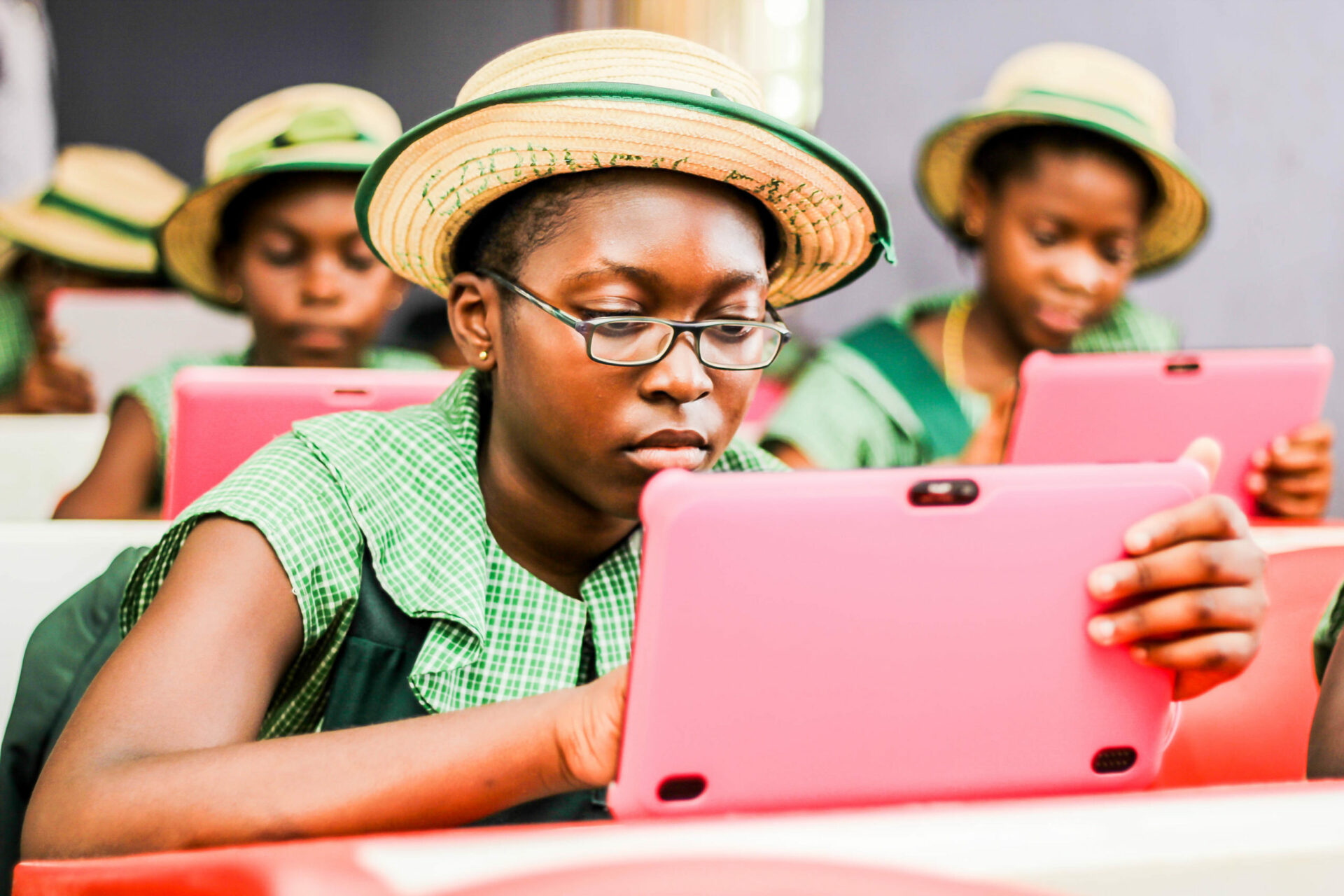No nation can make significant progress without a highly skilled workforce and schooling systems play no small room in grooming the workers of the future. Clearly, the government has other priorities as the Nigerian education system remains underfunded. It has therefore, become necessary for businesses to become more involved in providing access to quality education.
Companies typically direct Corporate Social Responsibility (CSR) initiatives in the education sector to the provision of infrastructure. However, the Executive Vice Chairman and Chief Executive Office (EVC/CEO) of the Nigerian Communications Commission(NCC), Prof Umar Garba Danbatta, recently revealed that many of the ICT knowledge centres set up by the commission in some schools have remained unused and are frequently vandalised. This is not unusual — many learning facilities provided to schools are underutilised for different reasons.
It is therefore pertinent that more businesses channel resources into projects that can truly improve learning outcomes in schools. It would be great to see more companies pay attention to the underlisted areas.
Personalised learning
‘Illiterate learners’ is how this research paper describes the bulk of students in many Nigerian schools that do not learn in the classroom. “The automatic promotion of pupils, irrespective of their learning capabilities, in order to cut cost, has resulted in ‘rushing out of children’ from primary schools with most of them lacking in the basic skills of literacy and numeracy,” reports Edem et al.
Unfortunately, since the primary school is the foundation of learning, many students struggle through tertiary institutions with little to show for their many years in school. This is why personalised learning is becoming a thing. It is necessary to tailor learning to individual needs and give students the opportunities to learn at their pace.
With organisations like Learning Accelerate working with CSR teams to implement personalised learning in low-income learning environments, more students can have access to quality education
Internet access
The Internet has become an important tool for education that is sadly lacking in many schools. With the internet in classrooms, students and teachers can gain access to additional resources such as free online courses, educational apps, and games, that can make learning more interactive and engaging.
If more businesses focus on improving internet access in schools, learning in the classroom will improve greatly.
Virtual reality
Virtual reality (VR) is the future of learning. Creating an immersive learning environment using VR in the classroom can tackle many loopholes in the Nigerian education system including the poor state of infrastructure and learning conditions in schools.
Imisi 3D is one company that is championing VR initiatives in Nigerian schools. Other companies and businesses can work with them to bring VR to more classrooms in Nigeria.
Club activities
The Nigerian education curriculum has remained resistant to change despite rapid technological advancements transforming work and life.
Engaging students in programmes outside the curriculum that can help them gain industry-relevant skills and knowledge in school is important. More companies can have entrepreneurs and employees consistently volunteer to teach students these skills and/or engage other competent hands to achieve this.
ICT skills, critical thinking skills, communication, and collaboration are are important areas that have been ignored in schools and businesses can help change this.
Adopt a school
Companies and businesses must be deliberate about CSR initiatives. There is no point in undertaking interventions in different schools that do not serve any real purpose in the end.
More businesses and even capable individuals can adopt specific schools and work to ensure that CSR initiatives in these schools are truly useful and impactful.






